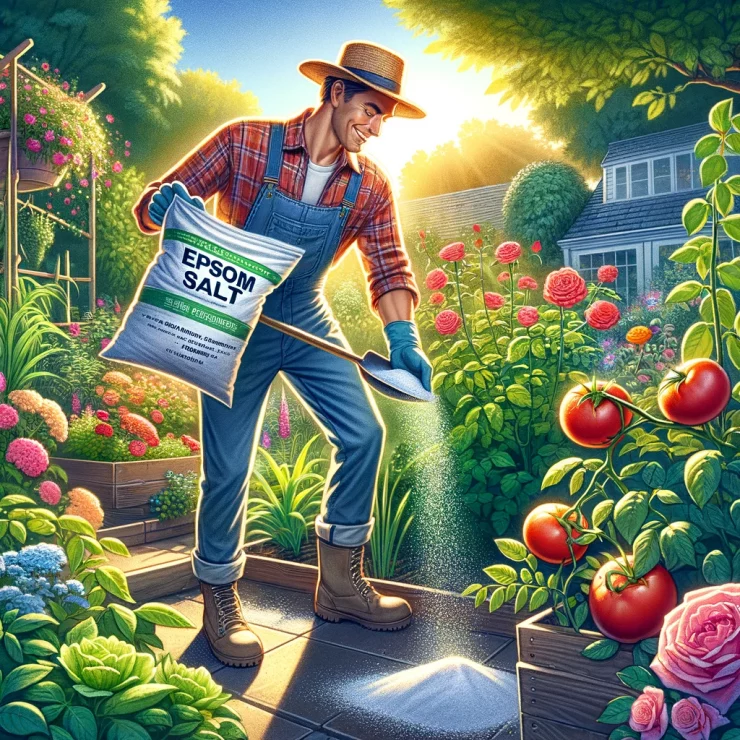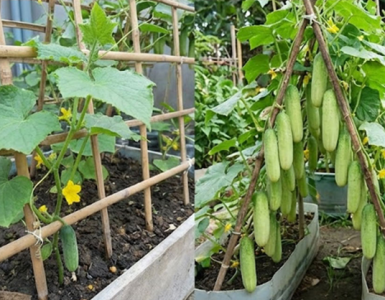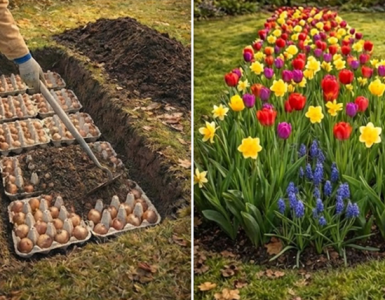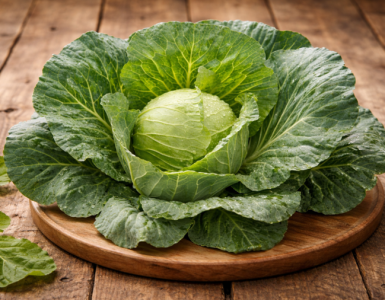Epsom salt, chemically known as magnesium sulfate, is a versatile compound that has long been used for various purposes, from soothing sore muscles to enhancing beauty routines. But did you know that Epsom salt can also benefit your garden? From promoting plant growth to deterring pests, there are numerous reasons why incorporating Epsom salt into your gardening routine can yield impressive results. In this article, we’ll explore nine key reasons why you should consider using Epsom salt in your garden.
1.Boosts Nutrient Absorption
Magnesium is an essential nutrient for plant growth, playing a crucial role in photosynthesis and overall plant health. Epsom salt is a readily available source of magnesium, which can help improve nutrient absorption in plants. By adding Epsom salt to the soil, you can ensure that your plants have an adequate supply of this vital nutrient.
2.Enhances Seed Germination
Epsom salt can also aid in seed germination by providing the necessary magnesium for the process. Sprinkling a small amount of Epsom salt into the soil before planting seeds can help promote quicker and more robust germination, giving your garden a head start on the growing season.
3.Improves Soil Structure
In addition to magnesium, Epsom salt contains sulfur, which is essential for soil health. Sulfur helps to improve soil structure by promoting the formation of organic matter and enhancing drainage. Incorporating Epsom salt into your garden soil can help create a looser, more friable texture that is conducive to healthy root growth.
4.Prevents Magnesium Deficiency
Magnesium deficiency is a common problem in many gardens, particularly in soils that are acidic or sandy. Symptoms of magnesium deficiency include yellowing leaves, stunted growth, and poor fruit development. By regularly applying Epsom salt to the soil, you can help prevent magnesium deficiency and ensure that your plants have the nutrients they need to thrive.
5.Promotes Flowering and Fruit Production
Magnesium plays a crucial role in the production of chlorophyll, the green pigment responsible for photosynthesis. By providing plants with an adequate supply of magnesium, Epsom salt can help promote healthy foliage and vibrant flowers. Additionally, magnesium is involved in the formation of fruits and seeds, so ensuring that your plants have enough magnesium can lead to increased flowering and fruit production.
6.Corrects Yellowing Leaves
Yellowing leaves are often a sign of nutrient deficiencies, with magnesium deficiency being a common culprit. If you notice yellowing leaves on your plants, particularly older leaves, it may be a sign that they are lacking magnesium. Applying Epsom salt to the soil can help correct this deficiency and restore the vibrant green color to your plants’ foliage.
7.Deters Pests
Epsom salt can also help deter certain garden pests, including slugs and snails. Sprinkling a ring of Epsom salt around vulnerable plants can create a barrier that these pests are reluctant to cross. Additionally, the abrasive texture of Epsom salt can help deter crawling insects like ants and earwigs.
8.Reduces Transplant Shock
Transplanting can be a stressful experience for plants, often resulting in transplant shock and stunted growth. Adding Epsom salt to the planting hole when transplanting can help reduce this shock by providing plants with a boost of magnesium and sulfur to support healthy root development.
9.Safe and Environmentally Friendly
One of the greatest benefits of using Epsom salt in the garden is that it is safe and environmentally friendly. Unlike synthetic fertilizers and pesticides, which can harm beneficial soil organisms and pollute waterways, Epsom salt is a natural mineral compound that poses minimal risk to the environment. Additionally, Epsom salt is affordable and readily available at most garden centers and pharmacies.
Epsom salt is a valuable tool for gardeners looking to improve soil health, promote plant growth, and deter pests naturally. By incorporating Epsom salt into your gardening routine, you can enjoy a more bountiful and beautiful garden while minimizing the need for synthetic chemicals and fertilizers. So why not give it a try? Your plants will thank you for it!






Add comment